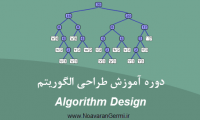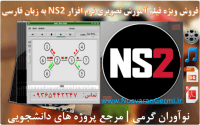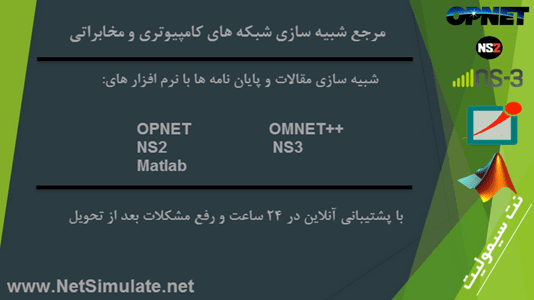احراز هویت و مجوز مبتنی بر بلاک چین برای کاربرد های شهر هوشمند
ترجمه مقاله Blockchain-based authentication and authorization for smart city applications
در این پست ترجمه مقاله احراز هویت و مجوز مبتنی بر بلاک چین برای کاربرد های شهر هوشمند را برای شما دوستان آماده کردیم که علاوه بر چکیده و مقدمه می توانید خود مقاله اصلی را نیز به طور کاملا رایگان دانلود بفرمایید.
چکیده مقدمه
پلتفرم های پشتیبان برنامه های شهر هوشمند به ندرت از ابتدا توسط یک شهرداری و یا کاملا متعلق به یک شرکت پیاده سازی میشوند، اما معمولا با یکپارچه سازی برخی از زیر ساخت های ICT موجود به لطف یک پلتفرم پشتیبان، مانند پلتفرم شناخته شده WARE تحقق مییابند. چنین مدل استقرار چند مستاجری برای کاهش هزینه های سرمایهگذاری اولیه برای اجرای راه حل های مقیاس بزرگ برای شهر های هوشمند مورد نیاز است، اما همچنین برخی موانع امنیتی کلیدی را تحمیل میکند. در واقع، شهر های هوشمند از برنامه های مهم که خواستار حفظ داده ها و عملکرد ها در برابر استفاده های مخرب و غیر مجاز هستند، حمایت میکنند. تجهیز پلتفرم های پشتیبانی با ابزار های مناسب برای کنترل دسترسی مورد نیاز است، اما این ابزار ها معمولا با توجه به یک رویکرد متمرکز اجرا میشوند، که در آن یک سرور تنها ذخیره میشود و مجموعه ای از ویژگی های هویت و سیاست های مجوز را در دسترس قرار میدهد.
مقدمه
پارادایم شهر هوشمند عمدتا شامل کاربرد فنآوری های ICT برای بهبود فرآیند های اصلی مربوط به مدیریت بهینه جنبه های حیاتی اداره شهر، برای ایجاد خدمات جدید و نوآورانه از طریق اتصال زیرساخت های فیزیکی شهر با سرمایه انسانی، اجتماعی و فکری ساکن شهر است یک راه حل شهر هوشمند دارای یک معماری لایه ای است. به طور معمول، این امر با اعمال نفوذ در استفاده از انواع مختلف سنسور های الکترونیکی و یا خدمات توانمند سازی شهروندان، برای جمعآوری چندین نوع داده، عمدتا مربوط به آلودگی، ترافیک، رضایت شهروندان و غیره محقق میشود. چنین پردازشی برای استنباط دانش جدید مورد نیاز است تا برای مدیریت موثر دارایی ها و منابع و ارائه بازخورد در مورد بهینگی سیاست هایی که در داخل شهر اعمال میشوند، مورد استفاده قرار گیرد.
چکیده انگلیسی
The platforms supporting the smart city applications are rarely implemented from scratch bya municipality and/or totally owned by a single company, but are more typically realized by integrating some existing ICT infrastructures thanks to a supporting platform, such as the well known FIWARE platform. Such a multi-tenant deployment model is required to lower the initial investment costs to implement large scale solutions for smart cities, but also imposes some key security obstacles. In fact, smart cities support critical applications demanding to protect the data and functionalities from malicious and unauthorized uses. Equipping the supporting platforms with proper means for access control is demanding, but these means are typically implemented according to a centralized approach, where a single server stores and makes available a set of identity attributes and authorization policies. Having a single root of trust is not suitable in a distributed and cooperating scenario of large scale smart cities due to their multi-tenant deployment. In fact, each of the integrated system has its own set of security policies, and the other systems need to be aware of these policy, in order to allow a seamless use of the same credentials across the overall infrastructure (realizing what is known as the singlesign on). This imposes the problem of consistent and secure data replicas within a distributed system, which can be properly approached by using the blockchain technology. Therefore this work proposes a novel solution for distributed management of identity and authorization policies by leveraging on the blockchain technology to hold a global view of the security policies within the system, and integrating it in the FIWARE platform. A detailed assessment is provided to evaluate the goodness of the proposed approach and to compare it with the existing solutions.
منبع : sciencedirect.com
مشاهده ویدئو در این باره


















